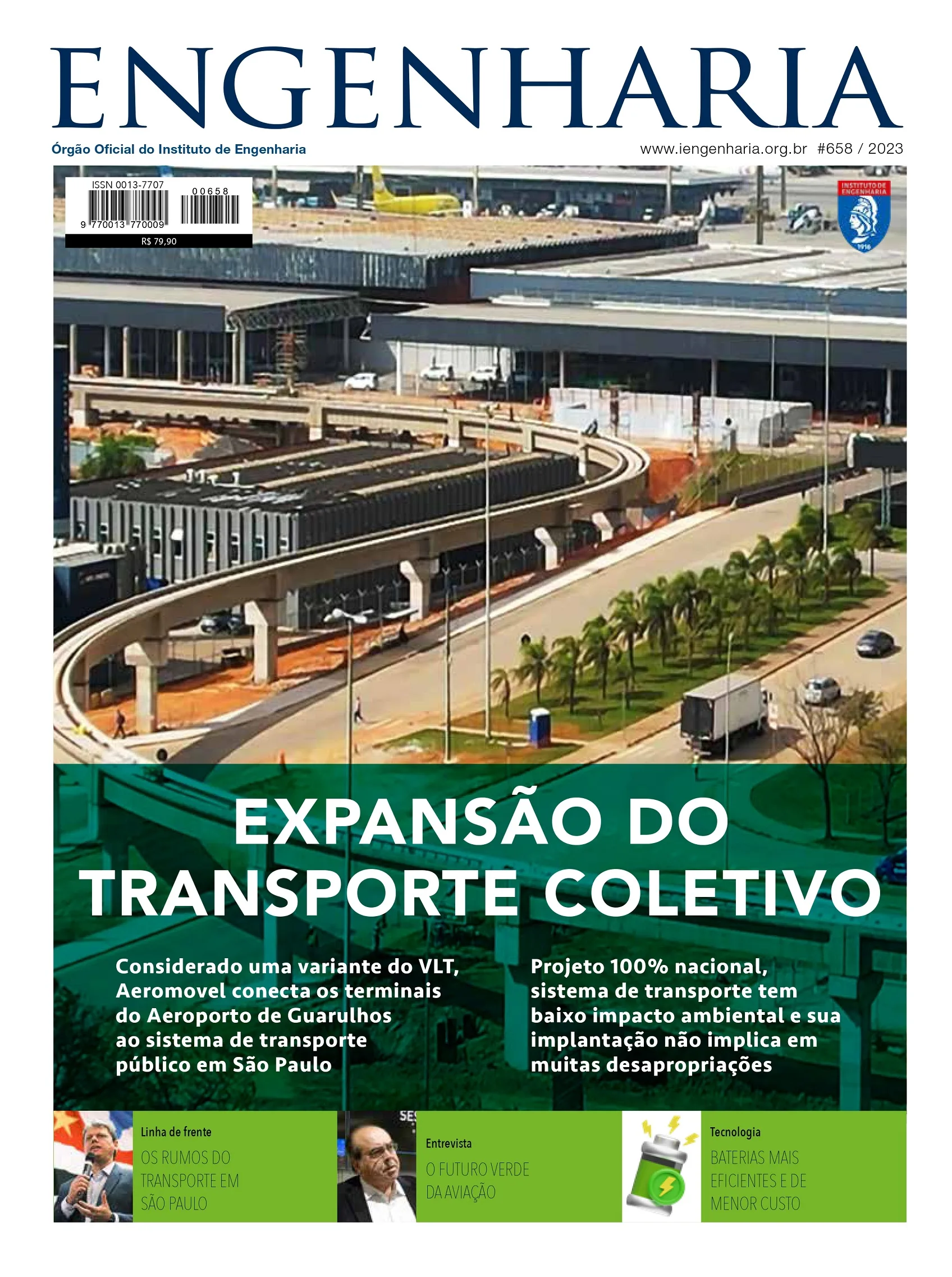
The 658/2023 edition of Engenharia Magazine covers the seminar held on November 30, 2023, at the São Paulo Engineering Institute, where innovative and sustainable solutions for society were discussed, such as the Aeromovel project.
DOWNLOAD IT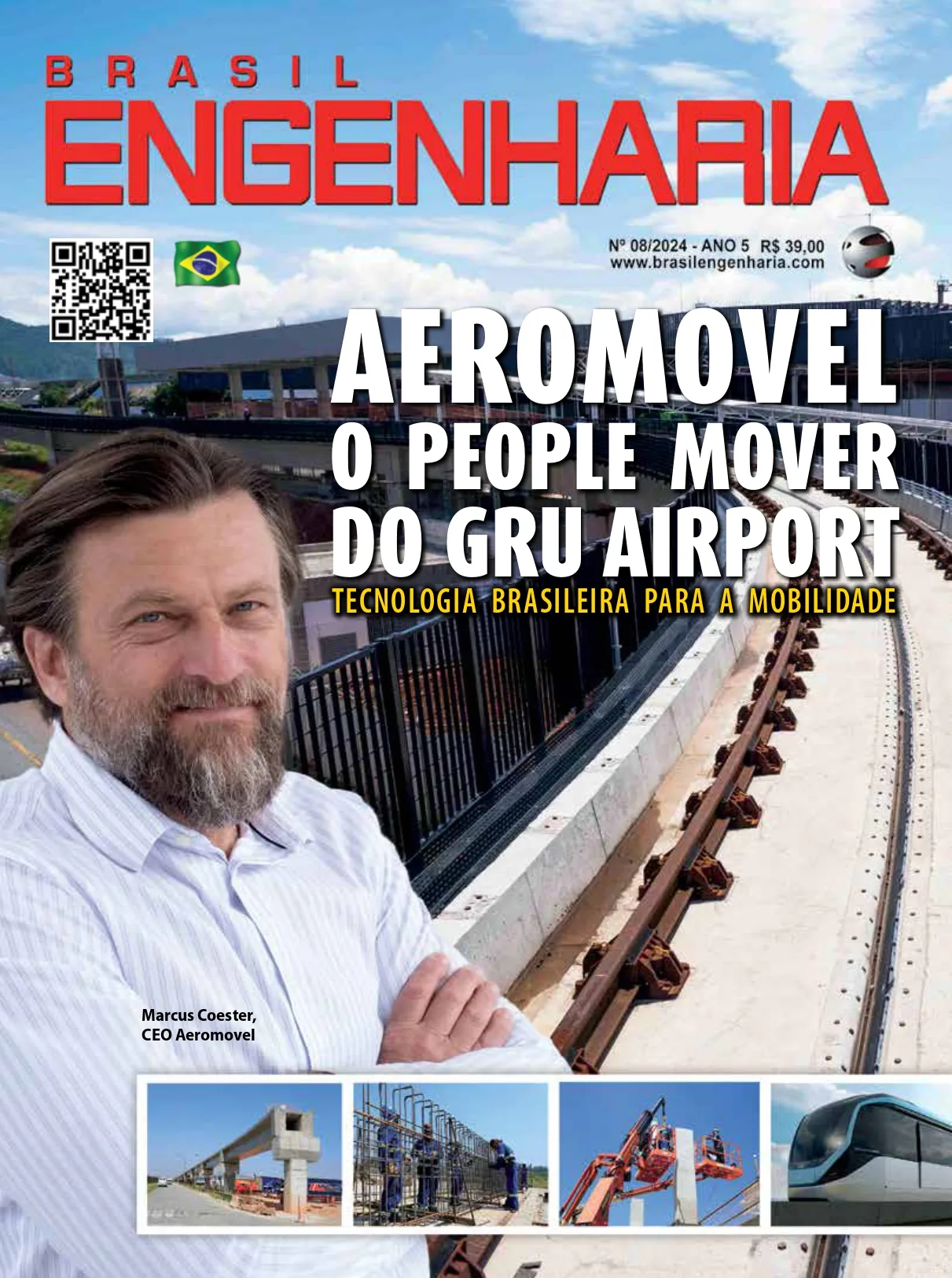
Check out the special edition of Brasil Engenharia magazine on the Aeromovel Project in Guarulhos
DOWNLOAD IT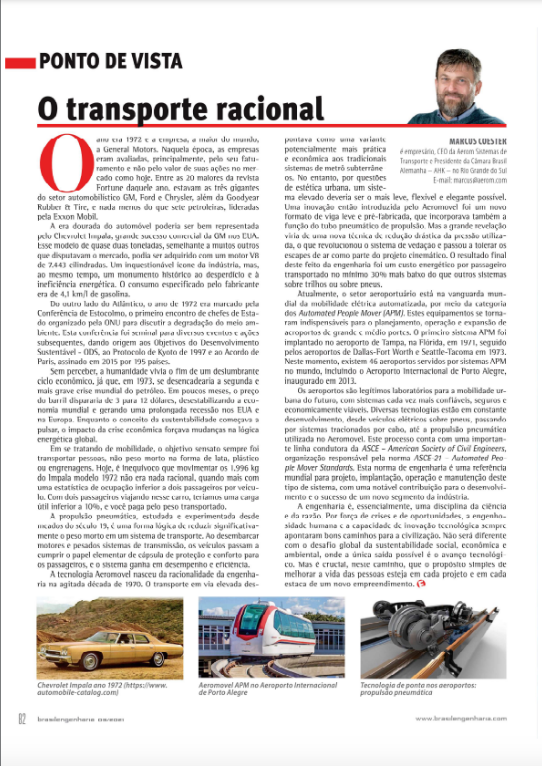
Engineering is essentially a discipline of science and reason. Due to crises and opportunities, human ingenuity and technological innovation have always pointed the way for civilization. It will not be different with the global challenge of social, economic, and environmental sustainability, where the only possible way out is technological advancement. But it is crucial, in this path, that the simple purpose of improving people’s lives is in every project and in every stake of a new venture.
DOWNLOAD IT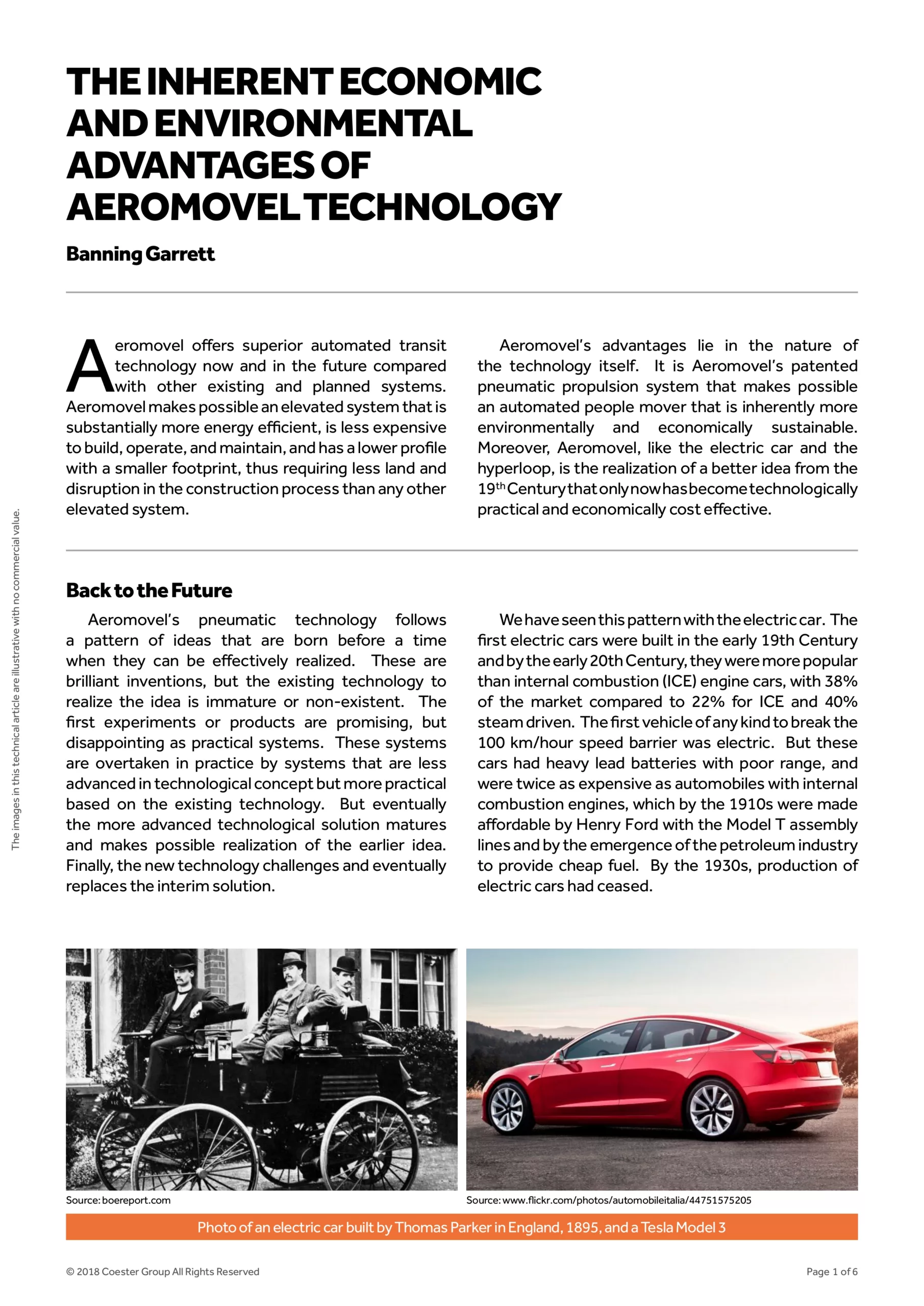
In this article, Banning Garrett compares Aeromovel Technology to other automated transportation system technologies, highlighting energy efficiency as well as construction, operation, and maintenance costs. Garrett also describes why innovative 19th century ideas such as the electric car, hyperloop, and Aeromovel itself only now become technologically practical and economically viable.
DOWNLOAD IT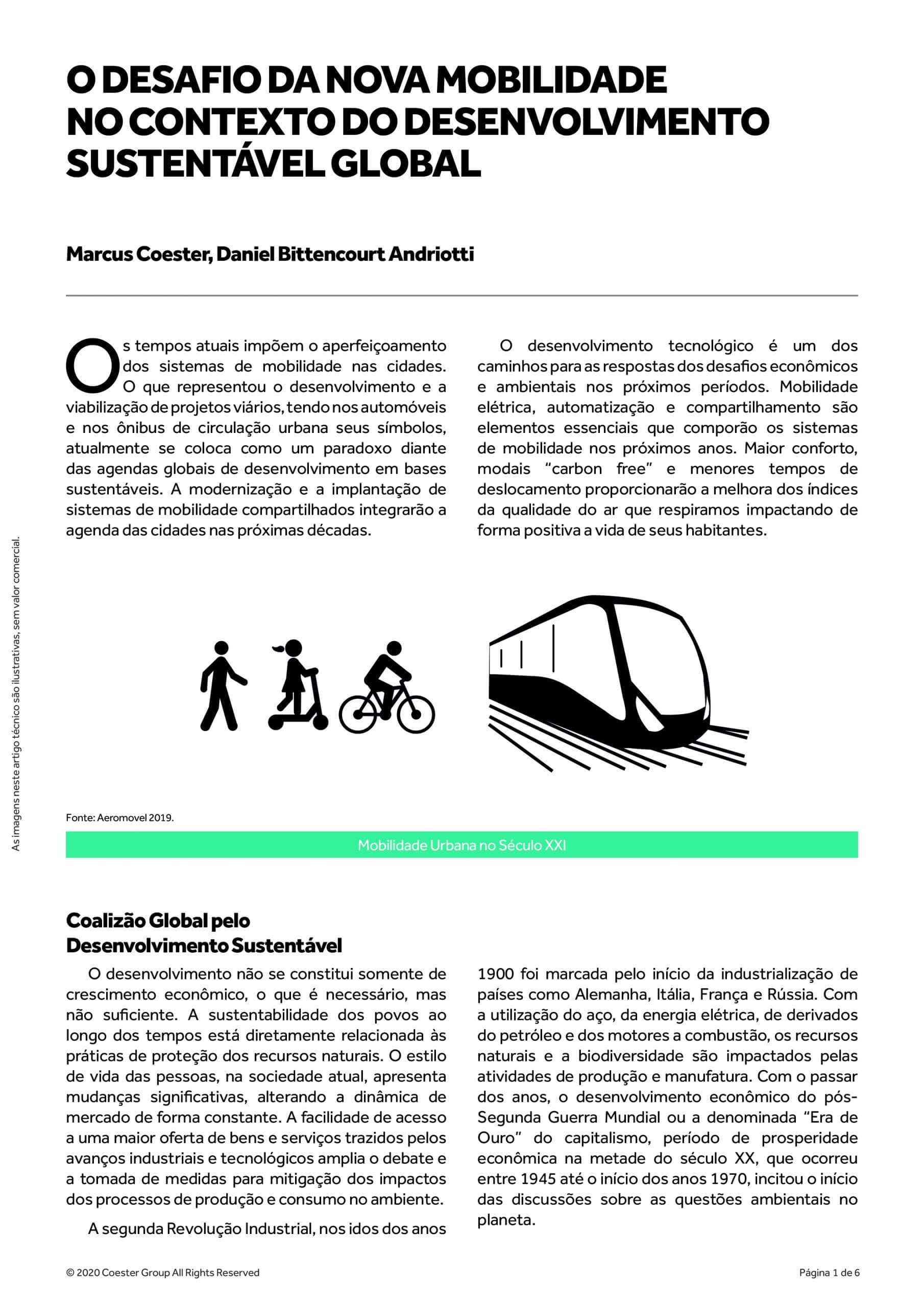
The planet has been giving signs, in every way, about the impacts of production and development activities, which increases the commitment to proposing projects that postulate the transition from the individual and motorized model to a new pattern based on the collective, printing more productivity, economy, and service quality through diversification of transport modes. The current times impose the improvement of mobility systems in cities. What represented development, the search for resources for investments, and the viability of road projects, having automobiles and urban circulation buses as symbols a few years ago, today represents a paradox in the face of global agendas that point to the modernization and implementation of shared and sustainable mobility systems. Metro-rail transport systems, focused on the Automated People Mover (APM) category, stand out as a prominent alternative for New Mobility in urban centers.
DOWNLOAD IT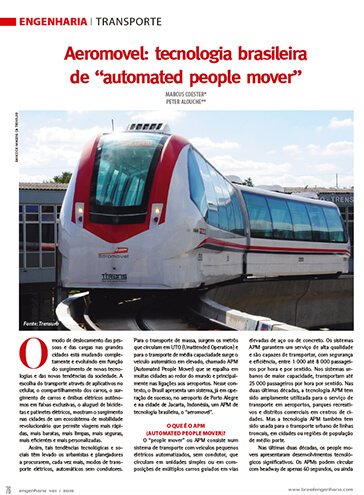
Given the technological and social trends that have increasingly led urban planners to seek electric traction and operator-free transportation modes, the article Aeromovel: Brazilian technology for “automated people mover”, published in Engenharia – 641, presents an analysis of Aeromovel, a system with many advantages over other APMs due to being a national technology, simple, with guaranteed supply of parts and market components. The technology has zero pollutant emissions, low urban impact, and low operating and maintenance costs. It is undoubtedly the current “People Mover.”
DOWNLOAD IT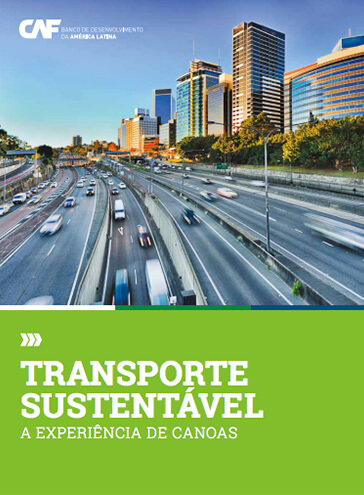
This report proposes to document the work carried out by Canoas-RS with the support of CAF to rescue good management practices in transportation system planning, so that they can be replicated and adapted in other Latin American cities. In this order of ideas, the document includes a background chapter that summarizes the project’s aspects and its main characteristics, an analysis of international experiences in this type of transportation, and finally, the Canoas case study on technical, institutional, financial, and legal issues.
DOWNLOAD IT